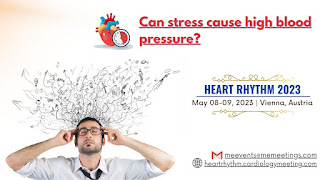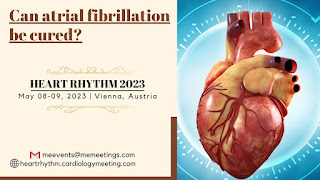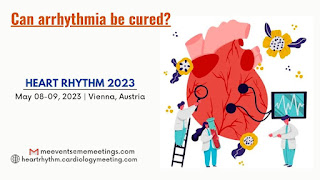Can stress cause high blood pressure?
Stress is an inevitable part of living, but not
all stress is created equal. There are two kinds of stress: positive and bad.
Bad stress is uncontrollable and can have severe consequences for your health.
Good stress, on the other hand, is generally not harmful. In reality, it may be
the driving force behind your efforts to achieve your objectives. Stress that
is out of your control affects your physical and mental health. If this kind of
stress goes on for weeks, months, or years, it can put your health and
well-being at risk. High blood pressure is one of the conditions that’s linked
to chronic (long-term) stress.
When stressed, the body produces a flood of
hormones. These chemicals increase heart rate and cause blood vessels to
constrict. For a short period, these actions raise blood pressure. There is no
evidence that stress promotes long-term high blood pressure. However, unhealthy
stress reactions can raise blood pressure and increase the chance of heart
attack and stroke.
Behaviors linked to higher blood pressure
include:
- Drinking too much alcohol or caffeine
- Eating unhealthy foods
- Eating too much
- Not moving enough
Heart disease also might be
linked to certain health conditions related to stress, such as:
- Anxiety
- Depression
- Being cut off from friends and family
There is no evidence
that these conditions are related to high blood pressure. However, the hormones
produced by the body when under emotional duress may cause artery damage. The
artery damage could result in heart illness. Furthermore, depression and
anxiety symptoms may cause some people to neglect to take medications to
control high blood pressure or other heart conditions.
Stress can cause a
significant increase in blood pressure. When the tension is removed, blood
pressure returns to normal. Short spikes in blood pressure, on the other hand,
can cause heart attacks or strokes, as well as long-term harm to blood vessels,
the heart, and the kidneys.




Comments
Post a Comment